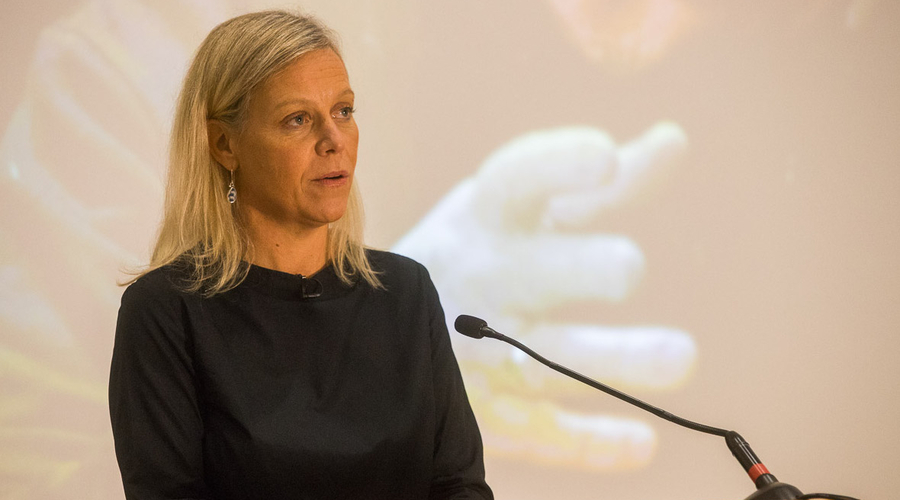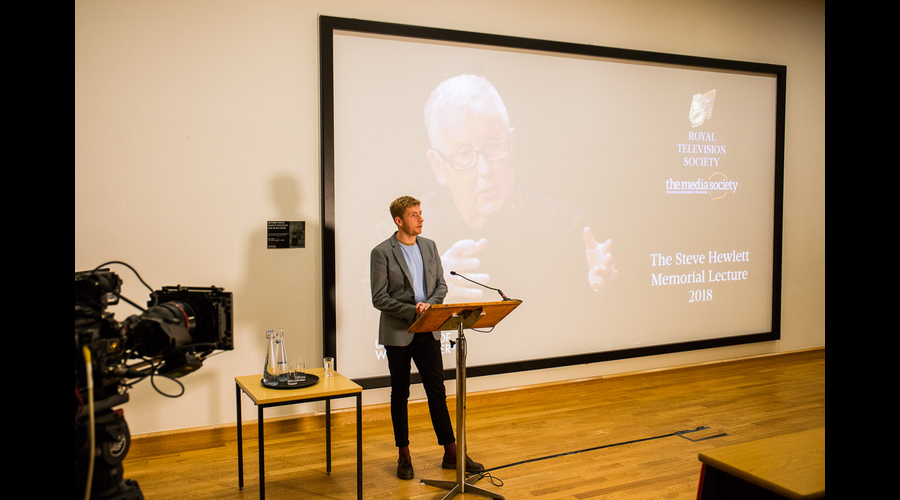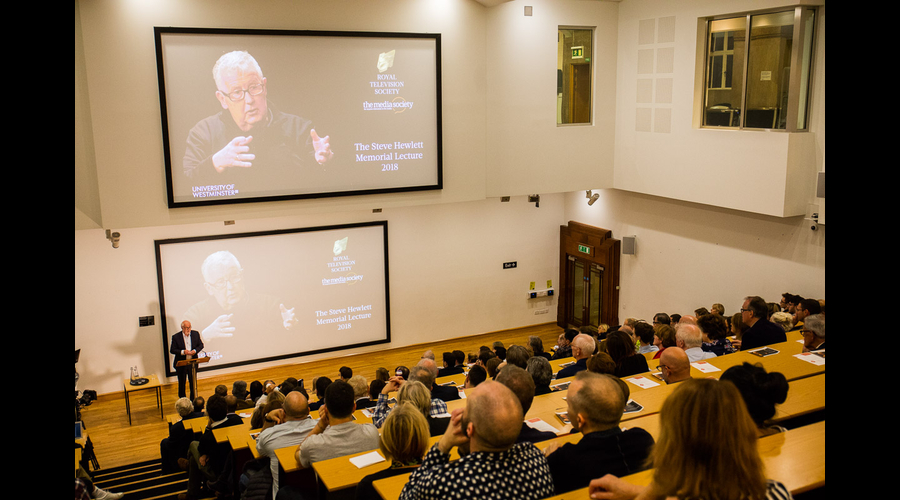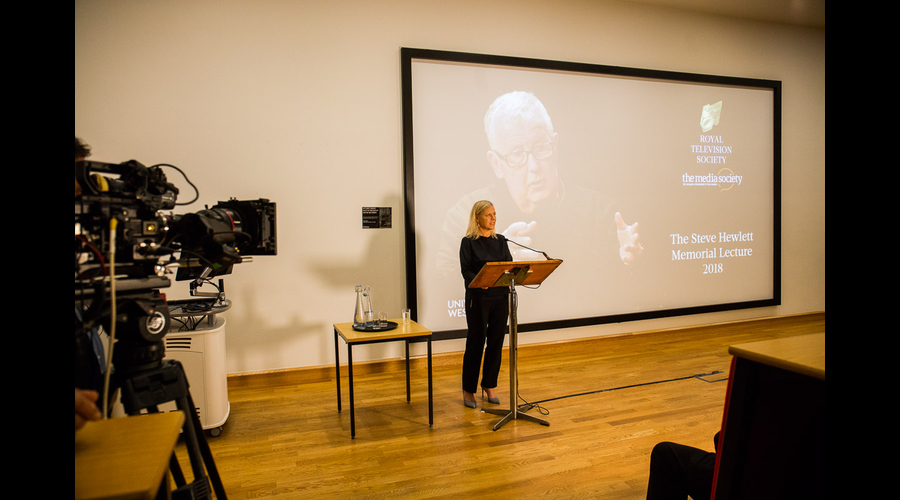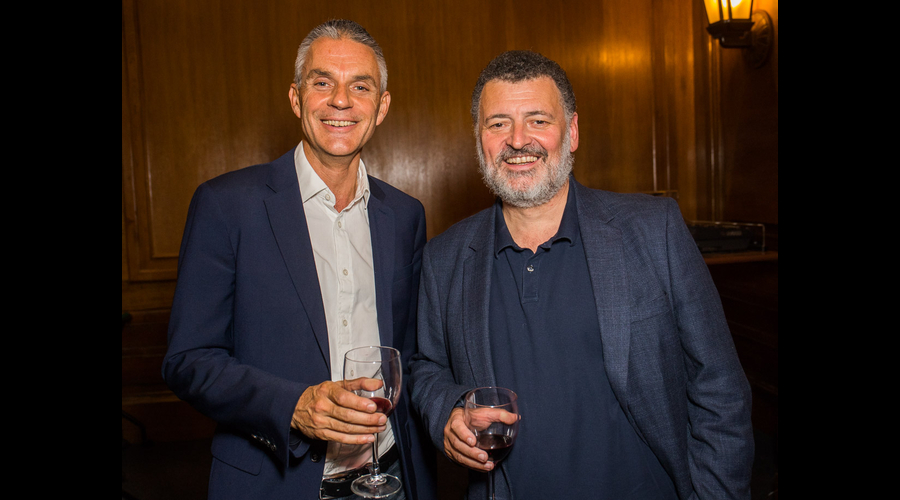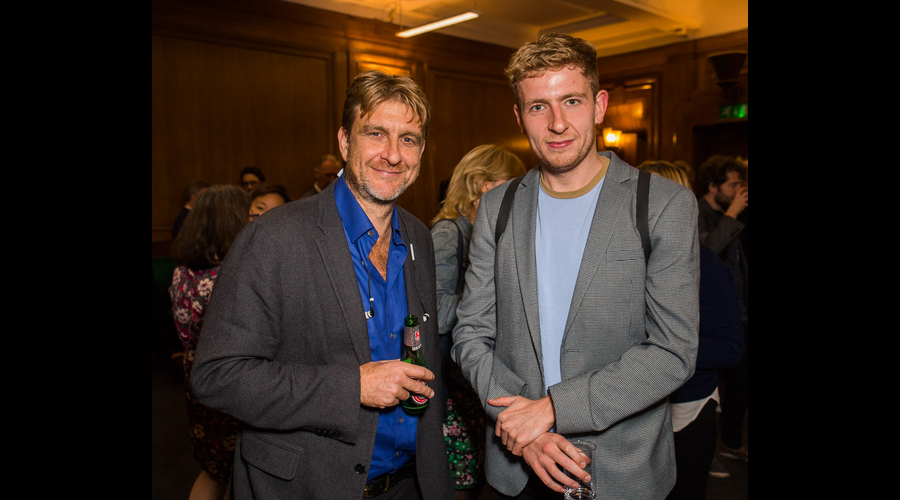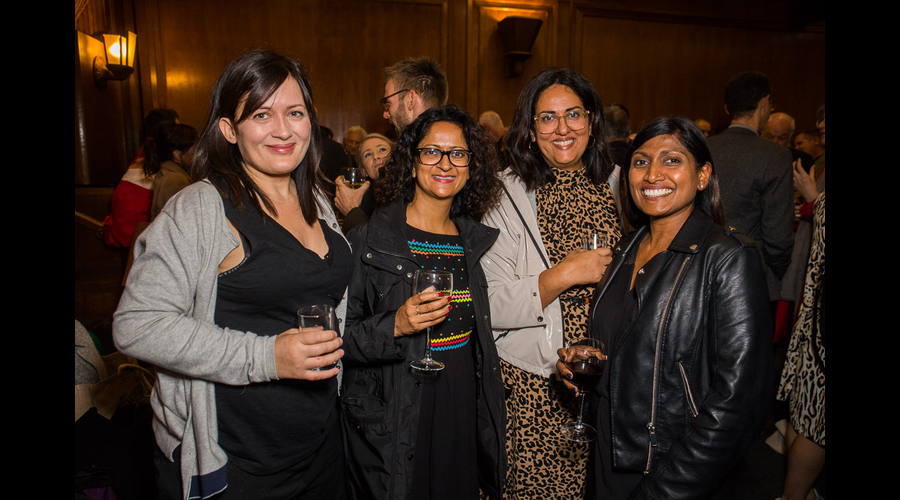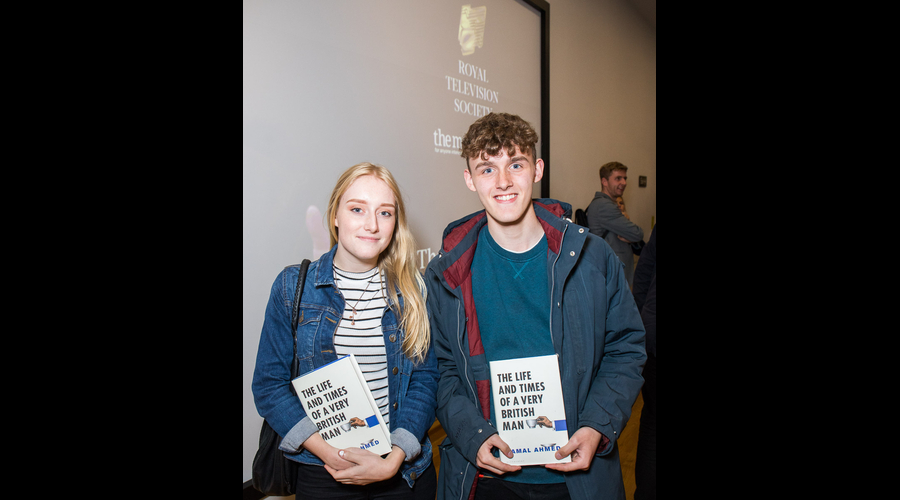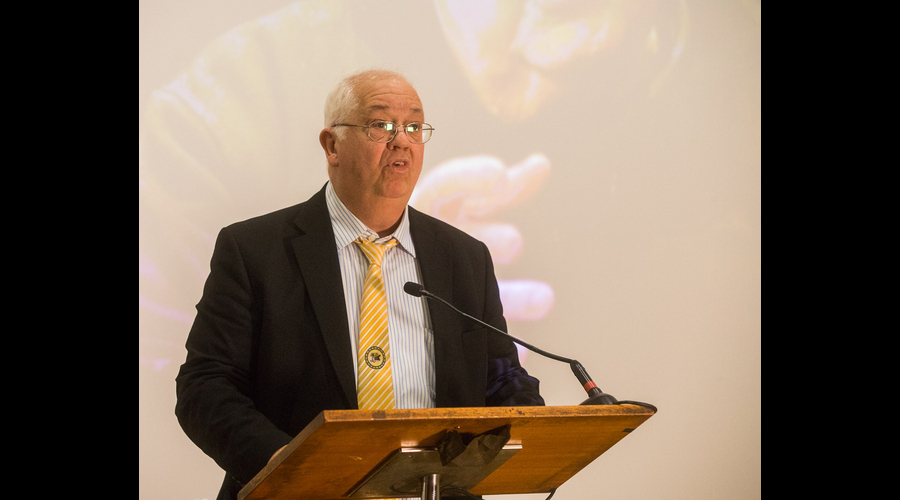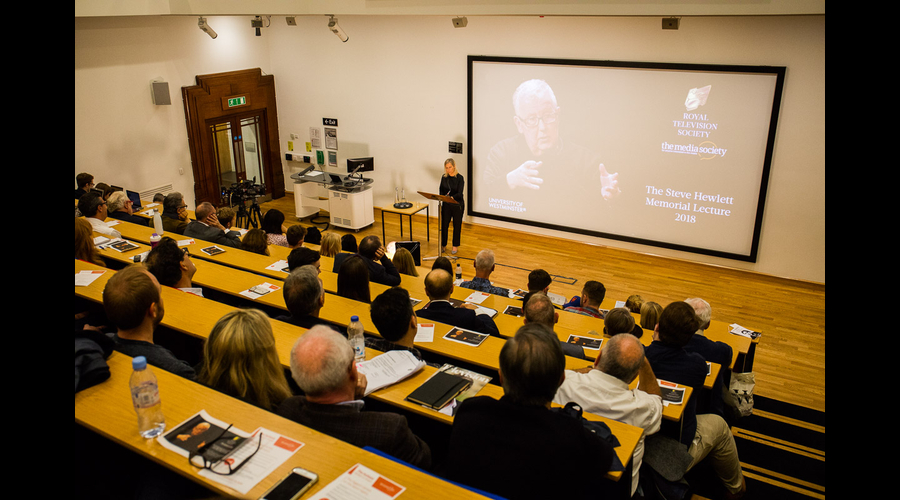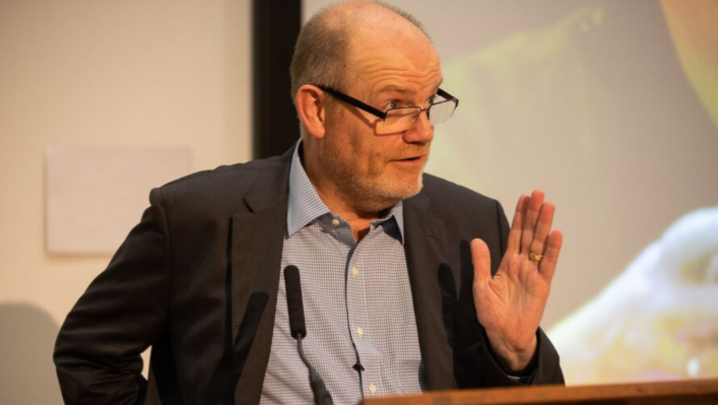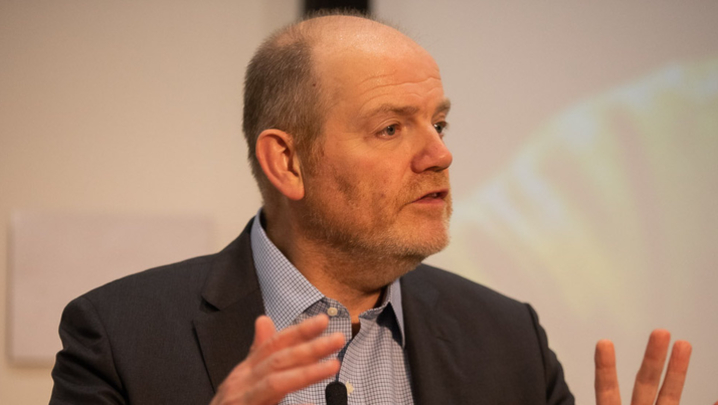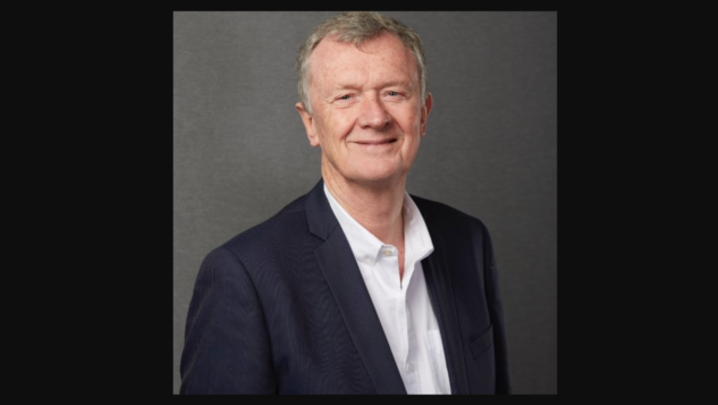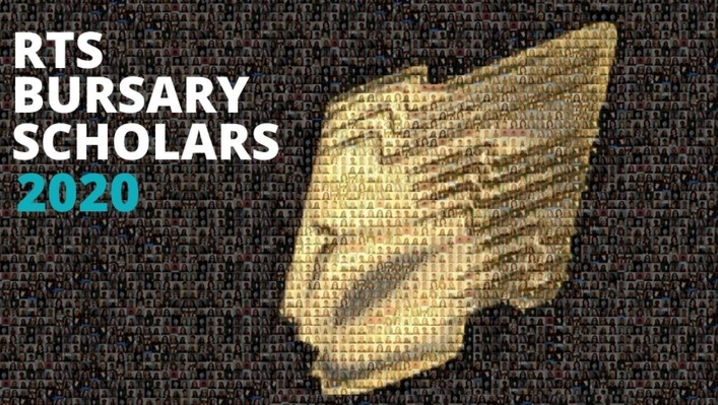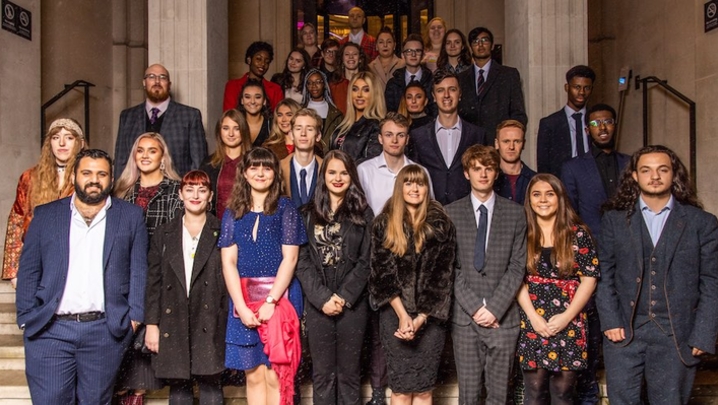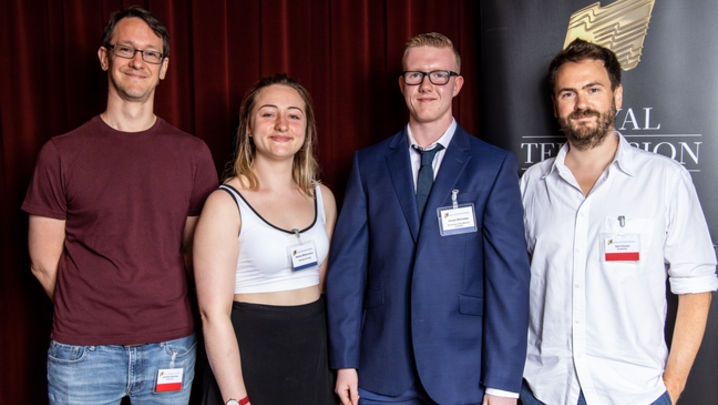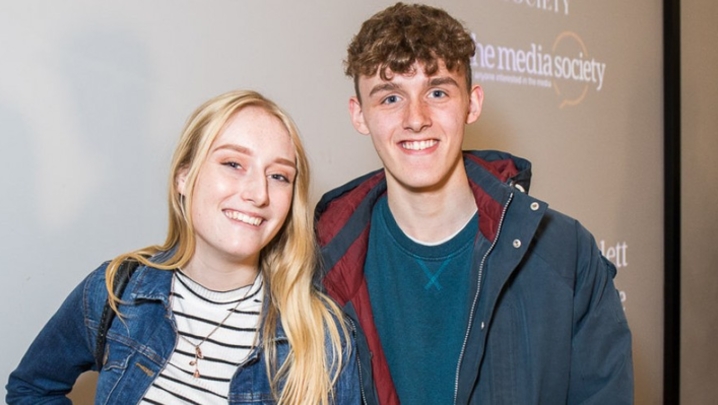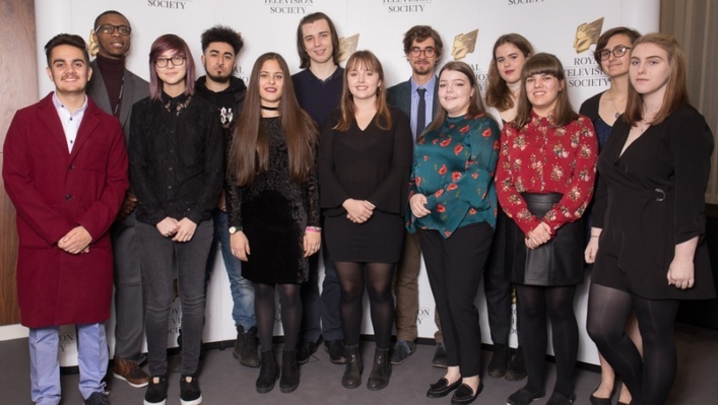The popularity of US streaming services like Netflix and Amazon risks undermining bespoke British content made for British audiences, the BBC’s Director of Content, Charlotte Moore, has warned.
Delivering the Steve Hewlett Memorial Lecture, Moore echoed recent remarks made by BBC Director General, Tony Hall, in which he called for more funding for the BBC or investment in U.K. programmes would fall still further.
“In this new, US-dominated media environment, we run the risk of seeing fewer and fewer distinctively British stories.
“In a world of incredible, unprecedented choice, the irony is that British audiences may find it harder and harder to choose the stories that matter to them most,” said Moore.
Of late, “the volume of British TV we produce as a country has fallen dramatically.”
She claimed what Britain’s public service broadcasters spend on UK-made shows was at its lowest for 20 years.
Overall investment in original British content had fallen by a £1 billion pounds since 2004.
“It’s no coincidence that all this has happened during a period when the BBC has come under real financial pressure,” outlined Moore.
“But since 2010, when the licence fee was frozen, the amount we have available to spend on content has fallen by nearly a fifth.”
She added: “This is not just about the BBC. But one thing has become increasingly clear over the past decade: a smaller BBC means less British programming, less investment in British ideas and talent, and a reduction in the volume and breadth of British content on offer to UK audiences.”
Moore did acknowledge that the streaming behemoths had raised the bar creatively, but their focus was on “very high-end content” that appeals to global audiences.
“Netflix’s current budget for programmes is $8 billion. Amazon’s is $5 billion. But their investment in new UK programmes is only around £150 million a year. Less than 10% of their catalogues is made up of content produced in the UK,” said the BBC’s content chief.
She highlighted how American ownership now dominated UK independent production.
“Ten years ago, around 83% of independent production companies in the UK were either UK or European owned. Today it’s less than 40%, with the rest owned by US multinationals.
“We have to understand that, increasingly, it’s decisions taken on the west coast (of America) that are defining our media landscape. We cannot allow them to reduce our creative firepower,” said Moore.
She suggested that “so much of what’s driving the rapid change in our industry is about technology, not creativity. The television landscape is increasingly defined by what will deliver the biggest profits for companies, not the best programmes for audiences.
“I worry that the insatiable greed for data-gathering is actually serving the wrong master. That entire businesses are focused on what they can take from audiences, instead of what they can give back. The BBC is different.”
Commissioning by algorithm would have not have led to programmes such as Car Share, A Very English Scandal, or Murder in Successville.
Citing BBC shows such as Blue Planet II, Three Girls and Bodyguard (now the BBC’s most popular box set, with more than 36 million iPlayer requests for the show), Moore highlighted the importance of “authentic British story telling.”
Steve Hewlett, who died of cancer in February 2017, was part of this tradition.
Moore drew attention to his bravery in telling the story of his illness live on air to Eddie Mair on Radio 4’s PM.
She made five promises to licence fee payers – a commitment to new talent, backing great talent, providing the right content for younger audiences, respecting diverse audiences and a promise to the U.K. to “work harder than ever to take Britain’s creative strength and cultural influence to the world.”
On catering for young audiences, Moore said the BBC still reached more than eight out of ten under-16s each week, and more than eight out of ten 16-34s.
“We’re still the media provider that young adults spend the most time with,” she said.
Killing Eve was proving especially popular with younger audiences.
“One critic described it as possibly ‘the best thing to happen to women and TV in 45 years…’” Moore noted.
A second series had already been commissioned.
Female stories were a priority for the BBC, she insisted.
“I don’t need to tell anyone here that, as a society, we’re just at the start of a very long journey to address a huge historical failing of female voices.
“But I do believe that we’re living through an incredibly exciting time. I can’t put it any better than Phoebe Waller-Bridge: when it comes to the need for more female-centric stories, finally ‘people have woken the fuck up.’”
The Steve Hewlett Memorial Lecture is a joint initiative by the RTS and the Media Society. Charlotte Moore’s lecture was given at the University of Westminster, central London on October 11.
All photography by Paul Hampartsoumian

